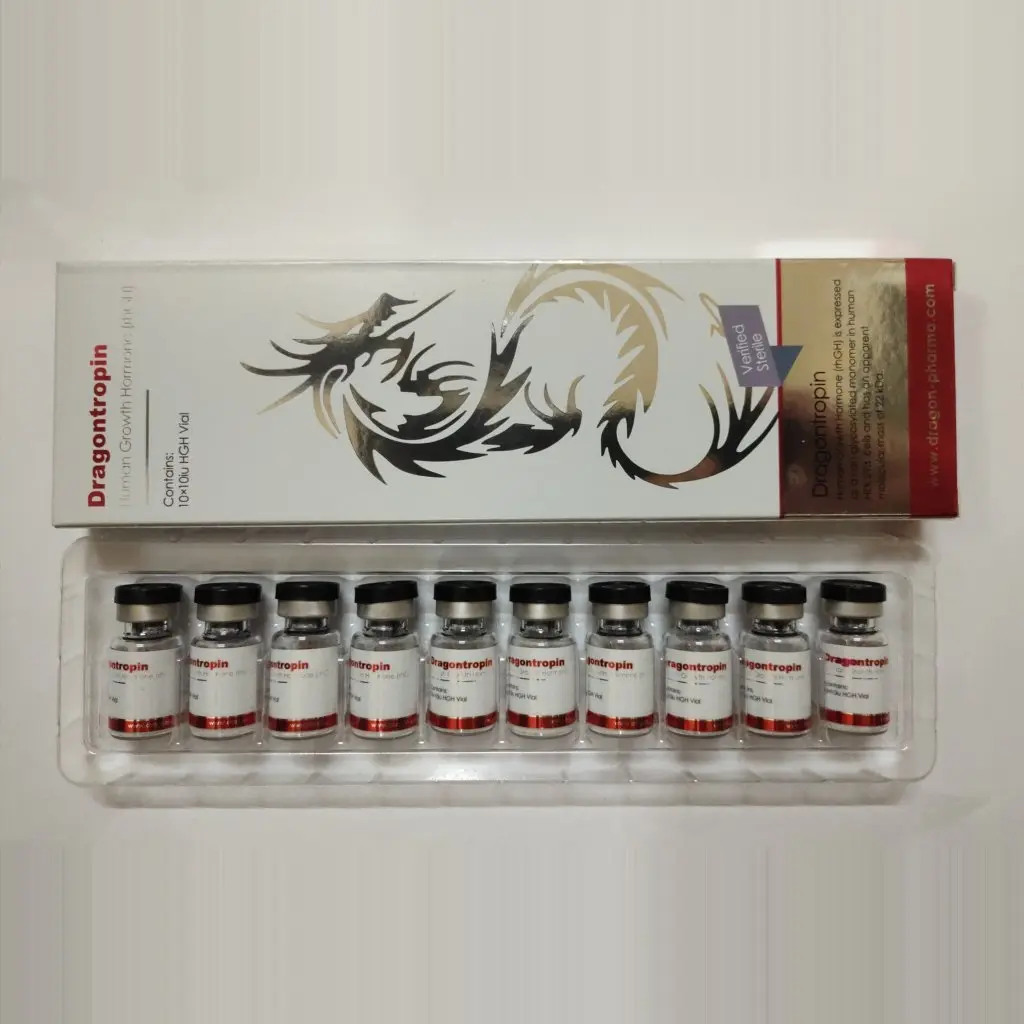What is hypogonadism?
Hypogonadism is a medical condition where the body's sex glands, known as gonads, produce little or no hormones. In men, the gonads are the testicles and produce testosterone. In women, the gonads are the ovaries and produce estrogen and progesterone. The condition can occur at any age and can be caused by various factors such as genetic disorders, infections, injury, or certain medications.
First signs of hypogonadism can vary depending on the age of onset and the specific hormone deficiency. Here are some common signs and symptoms:
1. Delayed puberty: In young boys, the first sign of hypogonadism is often a failure to start or complete puberty. This can include a lack of development of secondary sexual characteristics, such as deepening of the voice, growth of facial hair, and muscle development.
2. Low sex drive: In both men and women, decreased interest in sex can be a symptom of hypogonadism.
3. Erectile dysfunction: Men may experience difficulty in achieving or maintaining an erection due to low testosterone levels.
4. Infertility: Hypogonadism can lead to reduced sperm count in men and irregular or absent menstrual cycles in women, both of which can contribute to fertility issues.
5. Fatigue: A general feeling of tiredness or lack of energy can be a sign of hormonal imbalance.
6. Reduced muscle mass: Testosterone helps build and maintain muscle. Low levels can lead to decreased muscle strength and mass.
7. Increased body fat: In both sexes, especially in the abdominal area, can occur as a result of hormonal changes.
8. Mood changes: Depression, irritability, and mood swings can be experienced due to hormonal imbalances.
9. Changes in body hair: Decreased body hair in men and male-pattern hair growth in women can be a sign of altered hormone levels.
10. Reduced bone density: Low levels of sex hormones can lead to a loss of bone density, increasing the risk of osteoporosis.
11. Hot flashes: Women may experience hot flashes, which are sudden sensations of heat, similar to those experienced during menopause.
12. Decreased breast size: Women may notice a reduction in breast size due to decreased levels of estrogen.
13. Vaginal dryness: Women may experience vaginal dryness and discomfort during sex due to decreased estrogen.
14. Sleep disturbances: Some individuals with hypogonadism may have issues with sleep, such as insomnia or excessive sleepiness.
If you suspect you have hypogonadism, it's essential to consult with a healthcare professional for an accurate diagnosis. They may conduct blood tests to check hormone levels and recommend treatments such as hormone replacement therapy, depending on the underlying cause and severity of the condition.
Related Links
Articles

How to use HGH (human growth hormone)

With its focus on efficient, intense workouts, it's no wonder this training methodology has garnered such attention. But what exactly is HIT workout, who created it, who can benefit from it, and how can you start safely?

Please note that this is a generalized program. It's essential to tailor your workouts to your individual fitness level, goals, and any health considerations. Additionally, it's always a good idea to consult with a fitness professional before starting any new exercise regimen.
Customers Feedbacks
Please leave your feedback on products or service below.
Thank you beforehand.


